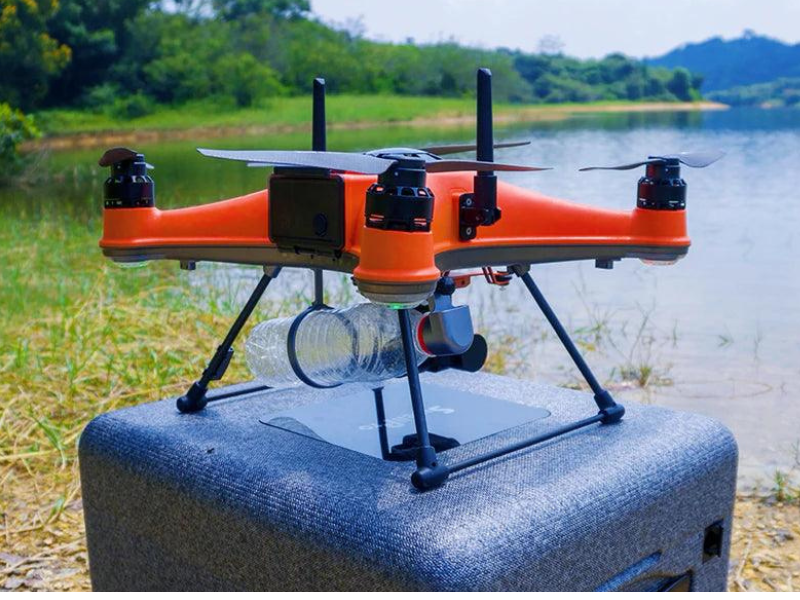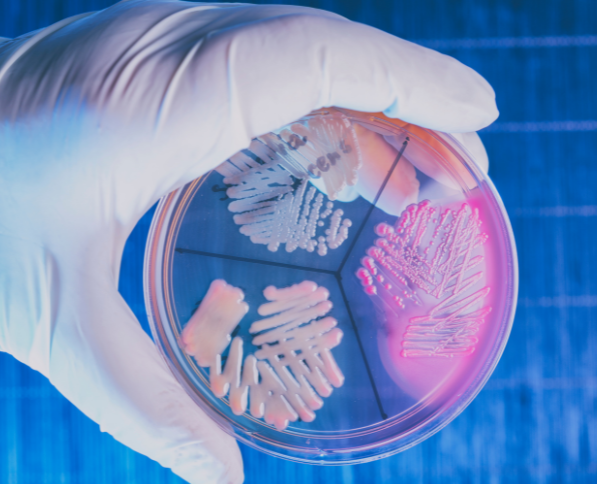Wetland & Sea Water Quality Testing
Schedule a Free Site Survey
Water Quality Testing in Ponds, Lakes & Wetlands
There are countless reasons why we cherish our water resources – from the serene beauty of sunsets reflecting off the surface, to the mesmerizing aquatic wildlife, to the refreshing sensation of dipping your toes into the cool water from a dock. However, what many people may not realize is that beneath the surface lies a complex ecosystem that is constantly evolving.
Each waterbody is a unique combination of chemical and physical characteristics that can change dramatically over time. These changes can have a significant impact on the growth of algae and aquatic weeds, the clarity and odor of the water, and even the accumulation of muck on the bottom. By regularly collecting water quality data, lake and pond owners can make informed decisions about how to manage their waterbodies, ensuring a healthy future for them.
The Importance of Water Testing in Lakes, Ponds, and Wetlands
The quality of water in lakes and ponds is influenced by a combination of natural processes and human activities. While it can be difficult to manage the impact of natural factors such as weather, they typically do not cause significant problems. On the other hand, human activities such as pollution or improper land use in or around the pond can result in serious water quality issues. However, with proactive management and early detection through regular lake water quality testing, the negative effects of these activities can often be minimized.
Is the level of bacteria in your waterbody too high?
Regular water quality testing is important to detect harmful bacteria in lakes and ponds before they cause serious problems. Here are some indicators that suggest a need for water quality testing:
- Recent rainfall: Stormwater runoff can carry harmful bacteria and pathogens into lakes and ponds, especially after heavy rain.
- Presence of waterfowl: Bird feces can add significant levels of bacteria and other pathogens to the water, making testing especially important in areas with a lot of waterfowl.
- Crowds: High numbers of people at beaches and other recreational areas can contribute to increased bacteria levels in the water.
- Nuisance plants and algae: If there are excessive amounts of these organisms present in the water, it may indicate poor water quality and a potential need for testing.
By conducting regular water quality tests, lake and pond managers can identify potential problems early and take steps to protect the health of aquatic ecosystems and the people who use them.
What We Test For
pH
Refers to the acidity or alkalinity of water and can be impacted by natural or human-made chemicals entering the water. Testing pH is crucial in identifying chemical changes due to external factors.
Dissolved Oxygen (DO)
The level of free, non-compound oxygen in pond or lake water that’s essential for the health of aquatic habitats. The right ratio of DO creates a healthy ecosystem for plants and fish, while too much or too little can cause imbalances.
Water Elevation
Measures the amount of water in a lake or pond. Water levels fluctuate due to precipitation and human activity, and low levels can lead to flooding, nutrient concentration, muck development, and harmful algal blooms.
Clarity
Indicates the amount of light penetrating the water and provides insight into the health of a pond or lake. Low clarity may indicate excess algae, poor water quality, and adverse effects on insect, plant, and fish communities.
Presence of Organic & Inorganic Chemicals
Unless professionally applied for a specific reason, chemicals like fertilizers and pesticides negatively disrupt the natural biological communities in lakes or ponds, killing desirable organisms and contributing to toxic cyanobacteria development.
Bacteria
Present in all lakes and ponds, bacteria can cause waterborne illnesses and impact oxygen levels, putting fish populations and humans using the water at risk. Certain types of bacteria can be harmful in high levels.
Why Florida WPS?
Customer Experience
Expert Technicians
Innovation
Cost Effective
We Provide Water Solutions For You!
Ensuring the health and equilibrium of lakes and ponds is vital as they offer aesthetic and recreational advantages that enhance property values and enrich daily life in our communities. Recurring management is not only a more efficient but also a cost-effective method of preserving your waterbody’s optimal state and ensuring it aligns with your objectives without drastic alterations over time.
If you are considering adopting this approach for your property, we recommend reaching out to Florida WPS to develop a personalized annual management plan that meets your unique needs. Don’t wait, take the first step today towards safeguarding the longevity and prosperity of your waterbody.
Emergency Water Sampling Services
We offer emergency water sampling services throughout Florida, using our specialized Amphibs water collection aircraft and Sample Drone to quickly collect and transport your samples to the laboratory. Our lab partner is conveniently located next to the Fort Lauderdale Executive Airport for rapid analysis and reporting. In case air transport is not feasible, we are equipped with boats and 4×4 Gladiator Jeeps to reach remote or hard-to-access locations and collect your samples with ease.

Samples by Air

Samples by Land

Water Samples
We Provide Water Solutions For You!
Talk to us today!
Company
Our Services
Contact Us
7027 W. Broward Blvd, #337, Plantation, FL 33317



